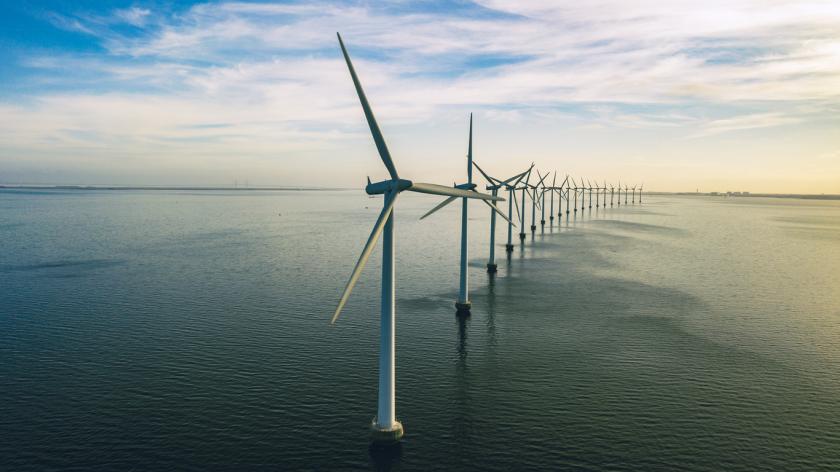Renewable generators hit with 45% windfall levy
by John Stokdykm – Editor at large, AccountingWEB
Jeremy Hunt’s Autumn Statement drew criticisms from green energy fans with a 45% tax on renewable electricity generators’ profits and renewed commitment to nuclear power.
The government will introduce a new, temporary 45% levy on the profits of electricity generators to raise an extra £14bn over the next five years, the Chancellor told the House of Commons in his Autumn Statement.
Applicable from 1 January 2023, the levy will target the “extraordinary returns” enjoyed by UK electricity producers fuelled by renewable, biomass and nuclear energy. The criteria for qualifying profits to be set out in the Spring Finance Bill are:
- “Generators whose in-scope generation output exceeds 100GWh across a period” (not defined, but assumed to be a tax year)
- Aggregate revenue in excess of £10m produced at an average output price above £75/MWh.
In an attempt to mollify those who argue that the policy will undermine efforts to incentivise renewable energy, a Treasury tehnicial note on the new levy promised: “This is an exceptional and time-limited measure that responds to the effect that unique geopolitical events, when combined with structural challenges within in the UK market, are having on the prices being paid for electricity in the UK.”
The document said that the wholesale gas and oil price increases, triggered by the invasion of Ukraine, swelled the coffers of fossil fuel companies operating in the UK. The energy profits levy imposed by Rishi Sunak in May 2022 is now expected to raise £40bn by 2027–8.
While recognising the economic benefits of renewable energy and insisting it is “committed to ensuring a competitive investment landscape for the sector”, the increased energy prices created a bonanza for renewable and nuclear electricity producers whose marginal costs are substantially lower than those of gas generators, which drive the market electricity price.
Having acquired a taste for windfall taxes in the past year, the Treasury and its new chief are beginning to develop something of a dependency on this approach.
Nuclear option
The spirit of Boris Johnson hovered in the background of the Chancellor’s statement, with familiar phrases such as “Northern Powerhouse” (rail), “levelling up” and “broadband rollout” cropping up during a recap of the government’s £600bn infrastructure investment plan.
Most notably, Jeremy Hunt also confirmed that the Sizewell C nuclear reactor project, to which Johnson pledged £700m in his final days, would go ahead. With contracts due to be signed “in the coming weeks” with the French and Chinese principles, Sizewell C would be able to generate 7% of the UK’s energy needs – when it is completed.
But the Johnsonian bluster also carried a heavy dose of inconsistency. Energy campaigners pointed out that investments in energy efficiency, storage, wind and other renewable sources would generate returns and reduce dependence on fossil fuels more quickly than a nuclear reactor.
“While the government seems to have belatedly acknowledged the importance of driving down our use of gas through energy efficiency, the measures announced today go nowhere near far enough to help people who need their homes insulated right now,” commented Green Party co-leader Adrian Ramsay.






